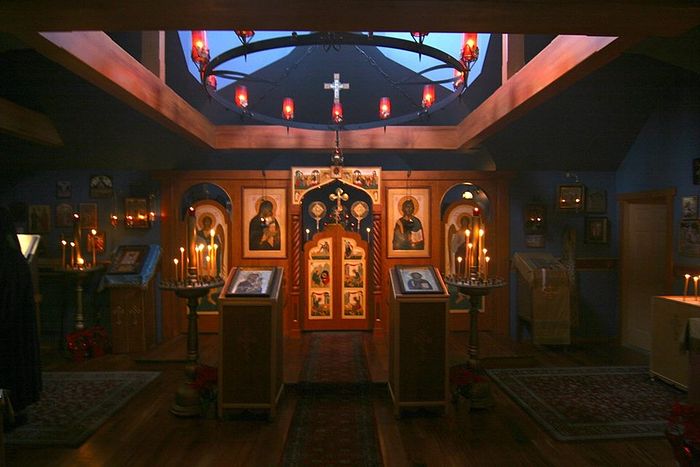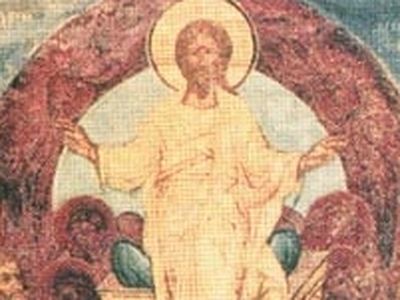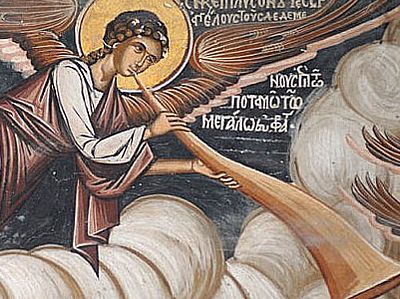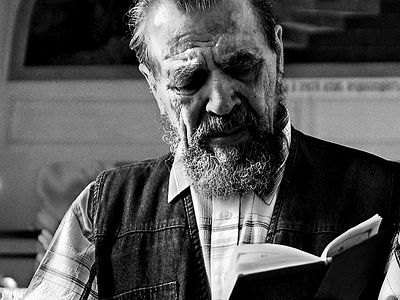Source: The Morning Offering
January 27, 2016
Salvation can not be explained in legalistic terms of acquittal and justification, for salvation is much more than simply being forgiven and getting into heaven. The close tie between faith and works, when it comes to the Orthodox view of salvation, is not about being “saved” by our works, for this is impossible. Works do not save us, but when placed in the context of a relationship, works do indeed have an eternal component.
Our “works” do not supplant the place of grace and faith with God, but are part of the whole experience in our relationship with God. Saint John Chrysostom (349-407), one of the greatest of the Church Fathers, and perhaps the greatest preacher in the history of the Church, wrote, “For Scripture says that faith has saved us. Put better: Since God willed it, faith has saved us. Now in what case, tell me, does faith save without itself doing anything at all? Faith’s workings themselves are a gift of God, lest anyone should boast. What then is Paul saying? Not that God has forbidden works but that he has forbidden us to be justified by works. No one, Paul says, is justified by works, precisely in order that the grace and benevolence of God may become apparent.”
The purging fire of God’s presence is only a warmth for the one already purified with the good works done in this life. Yet the one who wastes this life, and does nothing to enhance his relationship with others through his good works, will have sacrificed a loving relationship with the God Who has called us into communion with Him. This person will experience the fire on judgement day as painful, for he who has not done good works in this life, will have done nothing to promote a sound relationship with the God Who has called us into a life of transformation. It is God’s intent that this life bring us into holiness, preparing us for an eternity in the presence of God’s holiness. If we have not been made holy, eternity in the presence of God, will be as a burning fire.
Our works do not earn us salvation, but neither are works unimportant. According to the Fathers, works make our communion with God fuller, and more complete. Our good works help us gain God’s “likeness” in this life, and bring us into a joyful communion with Christ. The more we become like Christ, the more joy we will experience. Pain and suffering are the end result of our being less of God’s likeness.
With love in Christ,
Abbot Tryphon




